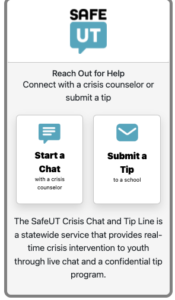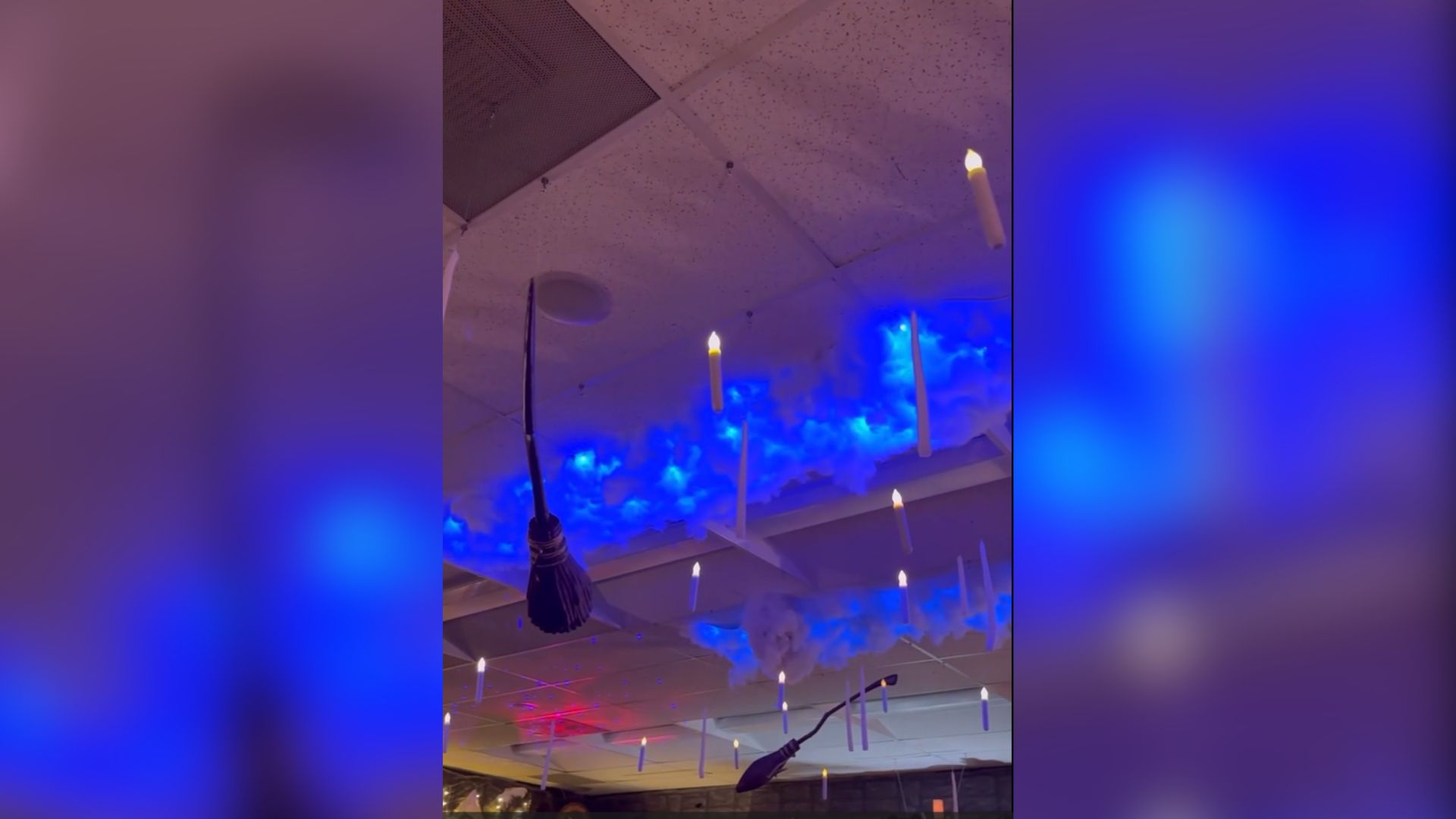Mental health needs spike during pandemic, but help in Utah abundant, free
Jan 13, 2022, 10:18 AM | Updated: Apr 29, 2022, 11:11 am

FILE: (Photo: Getty Images)
(Photo: Getty Images)
SALT LAKE CITY — The COVID-19 pandemic has generated another pandemic: the need for mental health and substance-use care in Utah and throughout the country. A Utah mental health expert discussed growing issues and emphasized free help is available for those in need.
Dr. Mark Hyman Rapaport, CEO of the University of Utah’s Huntsman Mental Health Institute, said HMHI saw an 32% increase in calls to the Utah Crisis Line last year.
“What the pandemic did was amplify [mental health issues] and also bring them to the forefront,” he said.
Rapaport also lauded the state for its far-sighted leadership during the dual pandemics.
“We’re in much better shape than most other states in the nation because our state leadership has created an integrated program of crisis and mental-health care,” Rapaport said.
He specifically cited the SafeUT app, which connects youths to licensed counselors (or 833-372-3388) for help during any kind of crisis. The app works to keep schools safe for students and teachers.
“This app allows us to provide 24/7 emergency care for anyone that texts us or uses the app to reach out to us,” Rapaport said, adding the app is being used by more than 850,000 students today.
 “The impact of a child developing a mental disorder is really a profound one because that impacts that child throughout his or her life [and] because it impacts the entire family,” he said.
“The impact of a child developing a mental disorder is really a profound one because that impacts that child throughout his or her life [and] because it impacts the entire family,” he said.
Depression, anxiety and substance-use disorders
Rapaport said the three disorders have always been with us, depression, anxiety, and substance-use disorders. But that the people suffering from the disorders have always been afraid to talk about it.
He added that today more people are having more trouble with the three disorders, and more people are overdosing as well.
“Right now, mental health and substance-use disorders are the leading cause of disability in the world,” he said.
But what’s happened is because of the pandemic, because of the impact of feeling out of control of one’s life, because of the lack of the supports that we normally have within a society, because of the social isolation that people have felt, feelings of helplessness, all of a sudden it’s becoming one, in the forefront, and two, more acceptable to begin to discuss it.
Rapaport said Step One for someone who is experiencing — maybe for first time — a mental health crisis is to call the following phone number:
For help, call the Utah Crisis Line at: 1-800-273-8255 (TALK) [toll free] or 801-587-3000 [local]
Another first step to take is to seek mental health help and medical advice from your physician’s or doctor’s office.
“Those physicians should be able to begin to intervene and also begin to guide one towards directions where help would be available,” Rapaport said.
Related:
- Recognizing signs of depression, suicidal thoughts in teens
- Mental health issues are on the rise during pandemic
- UDOH Report: No increase in suicides or overdoses during pandemic
- Proposed bill would allow students to take mental health days from school
- Study: Teens who spend more time in extracurricular activities, less on screens, have better mental health













